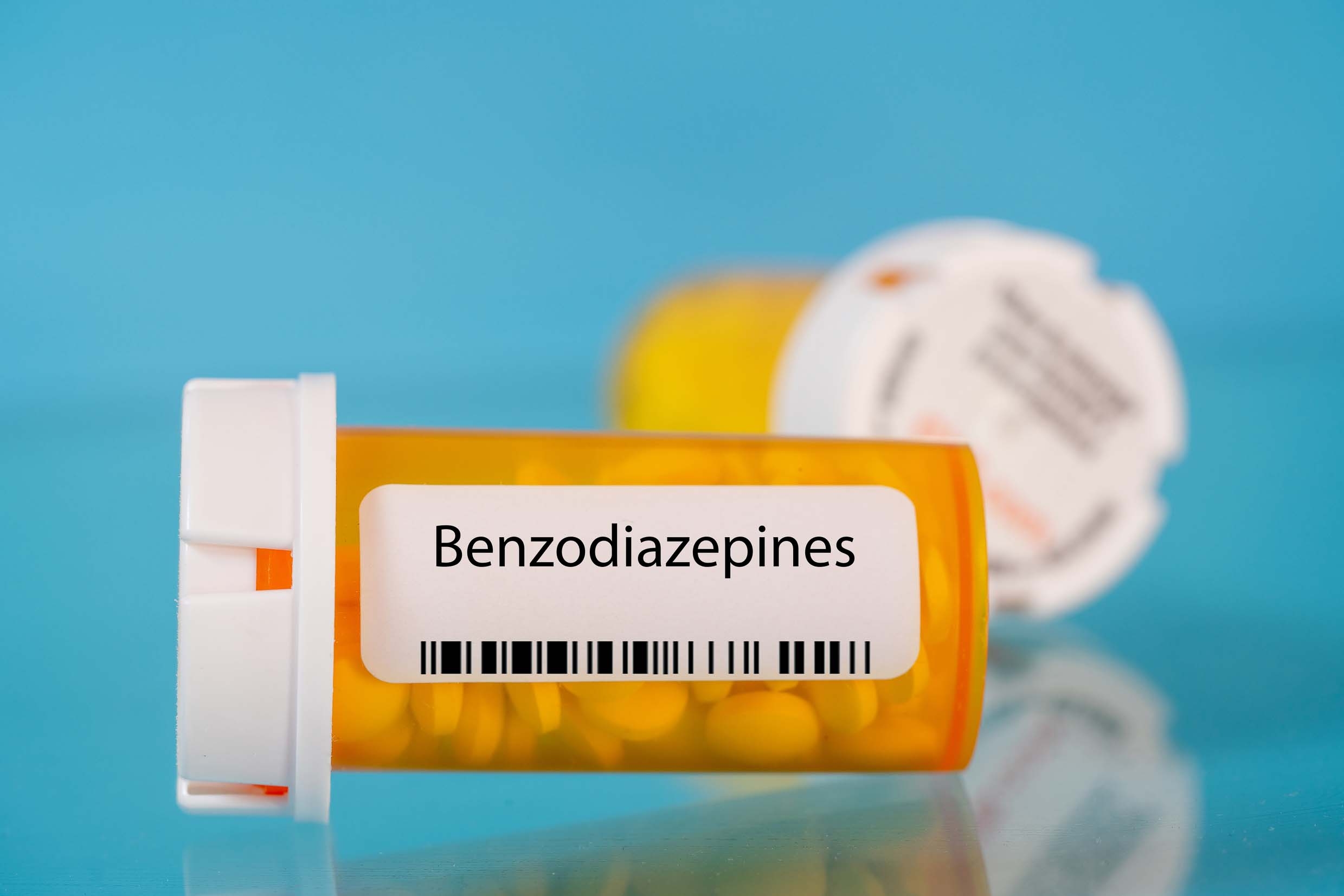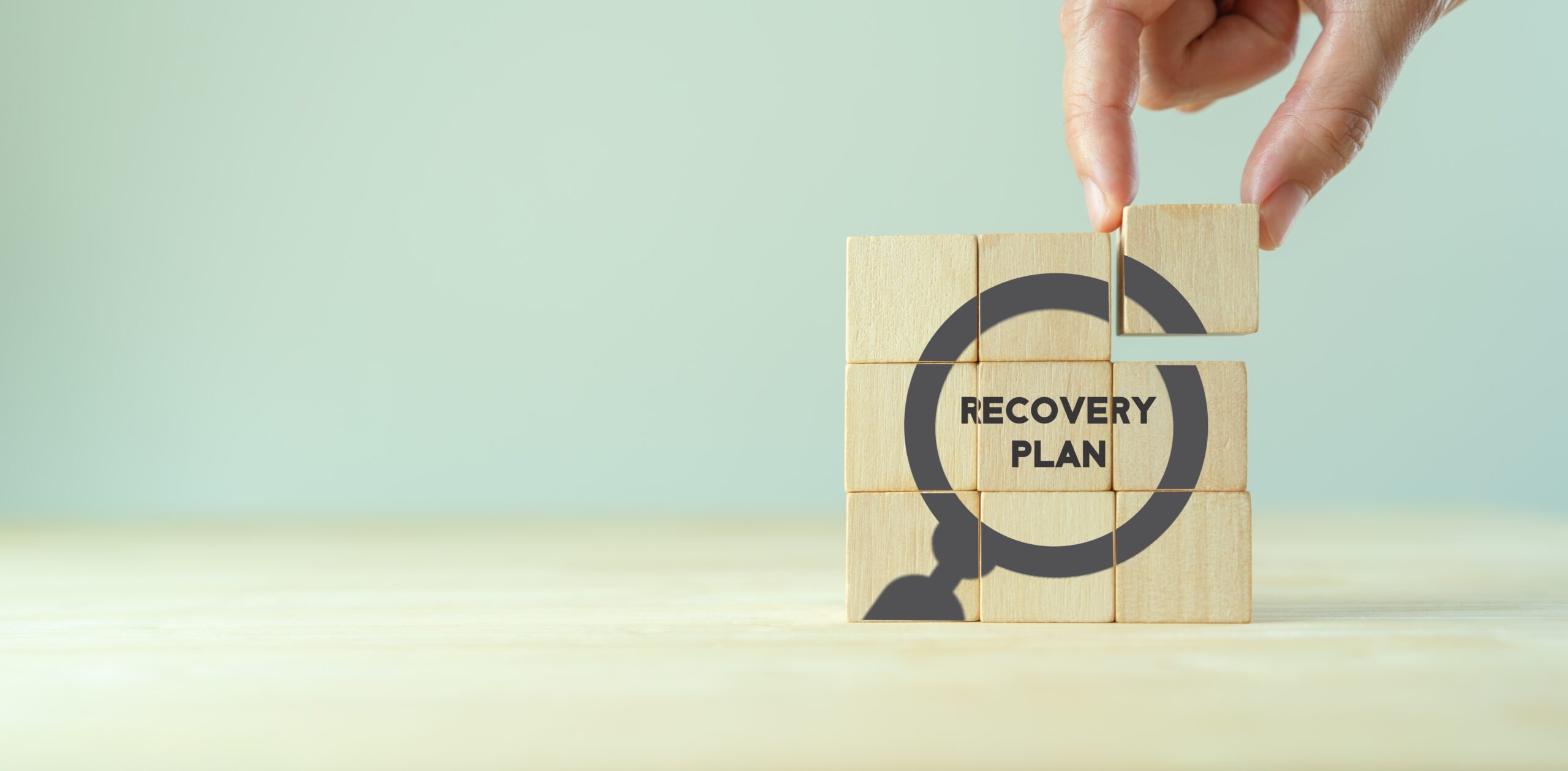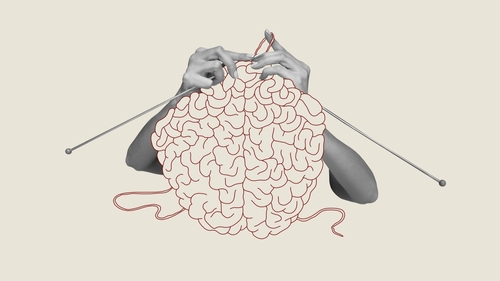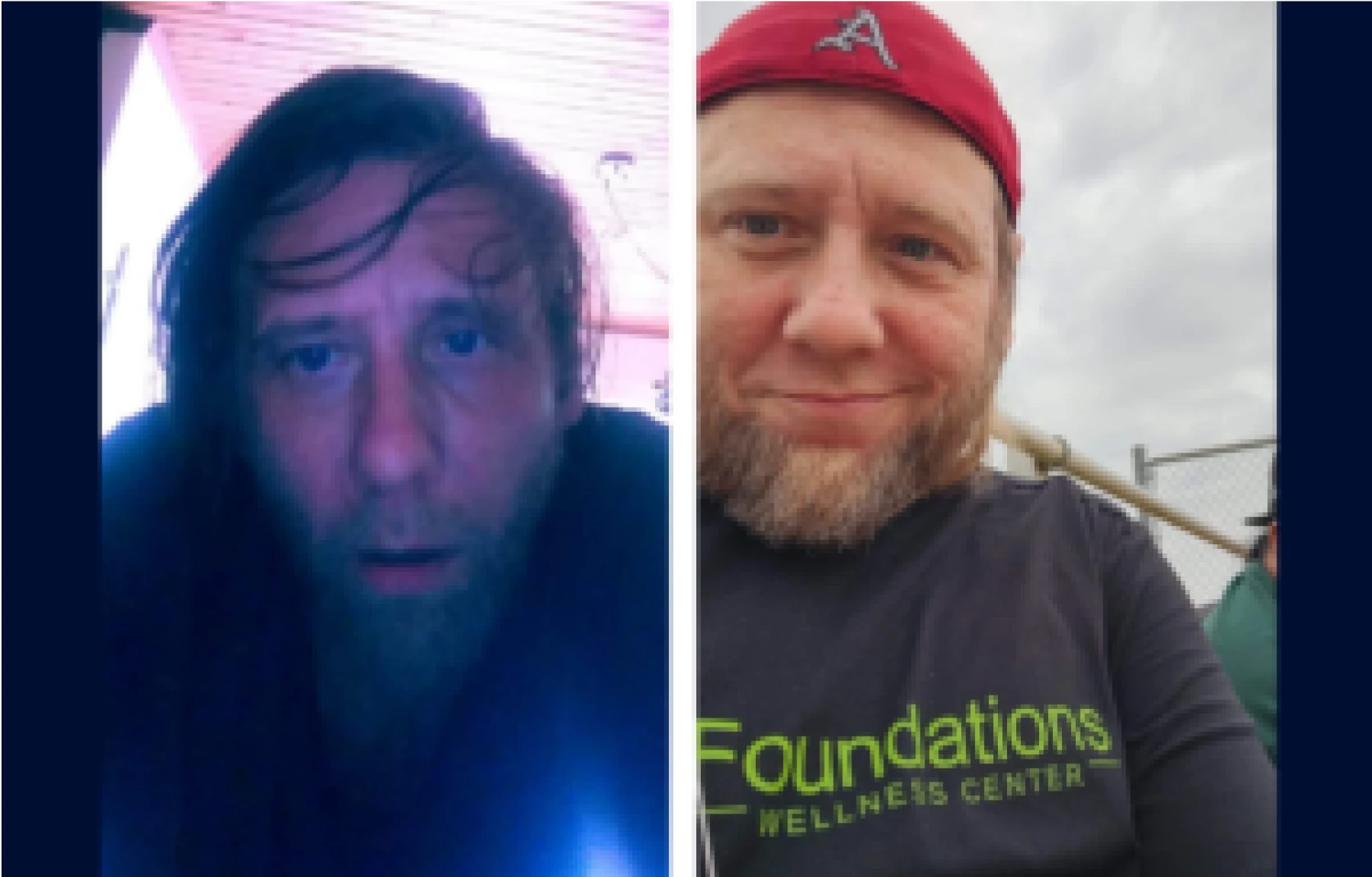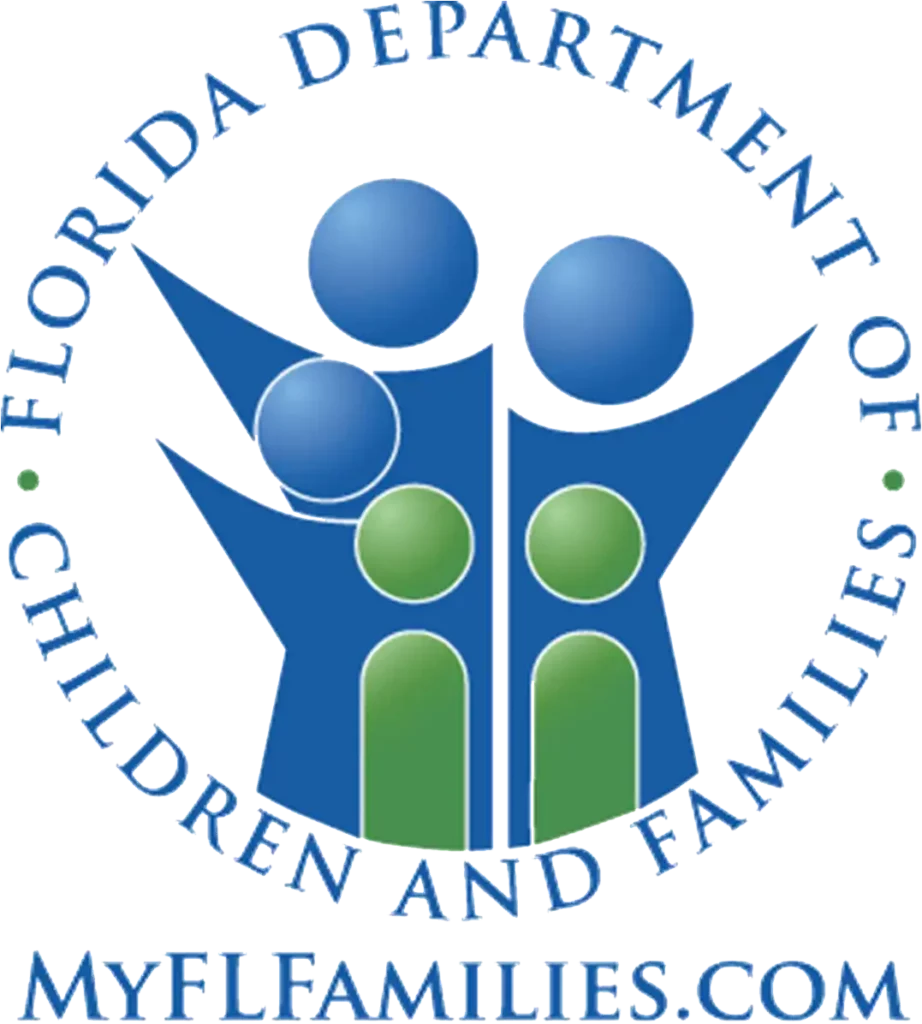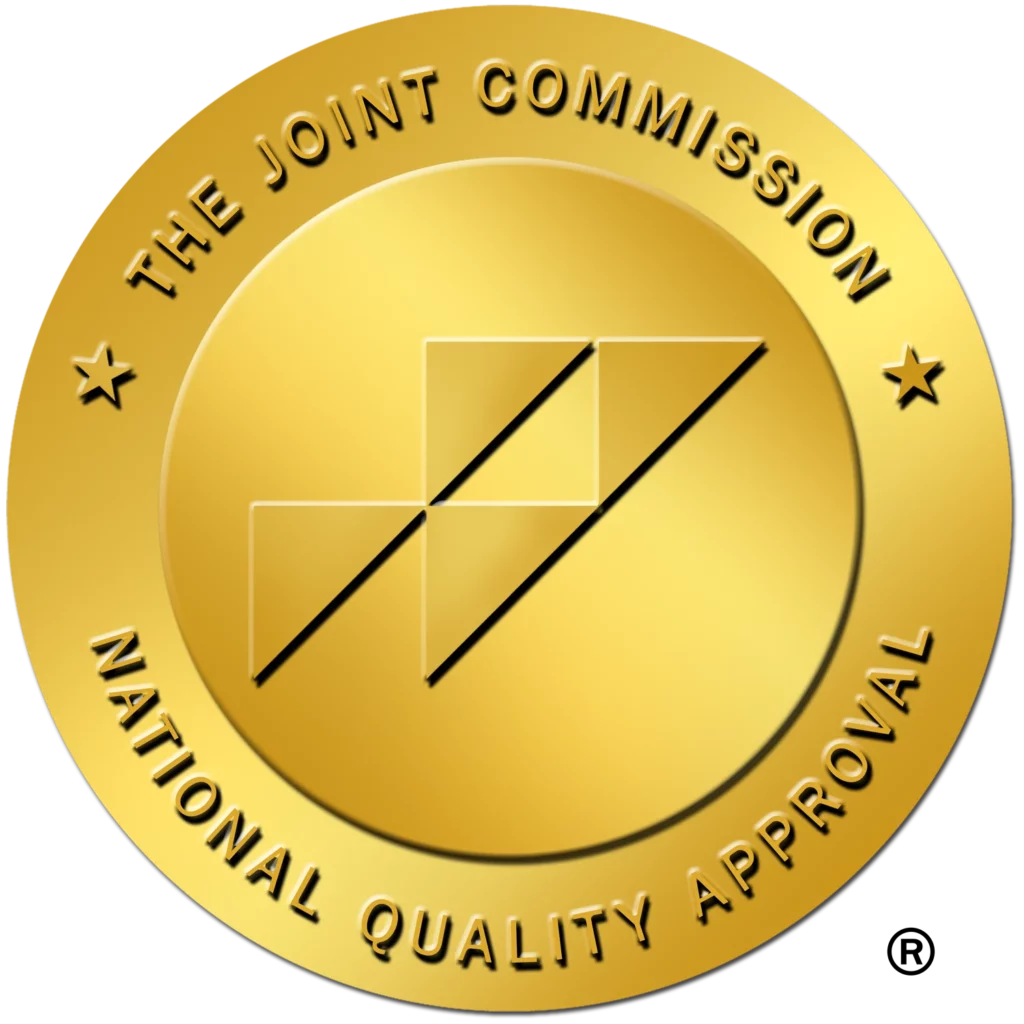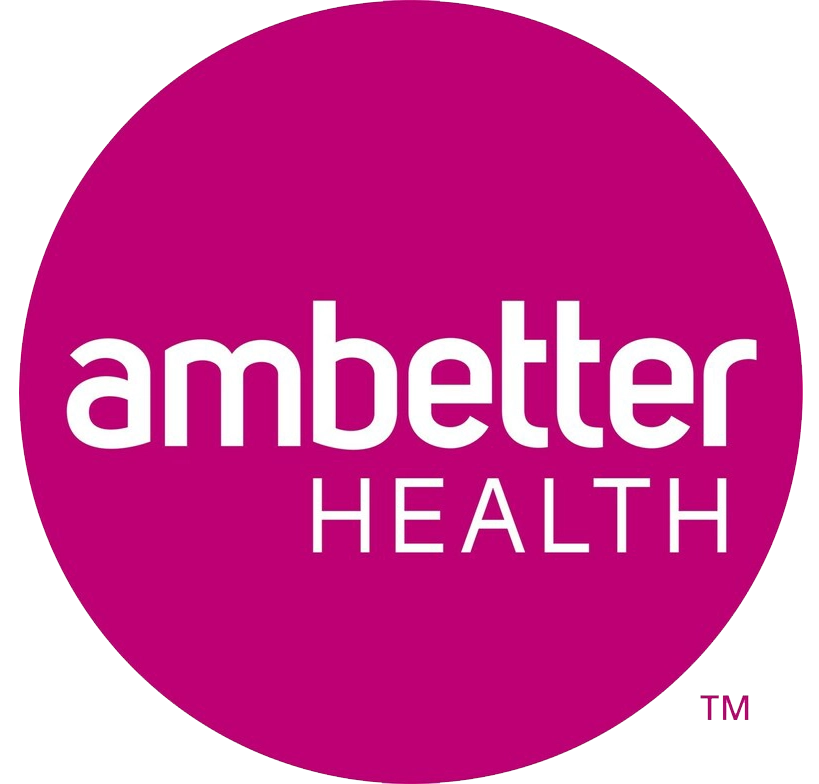Social Media and Substance Abuse: What’s the Link?
This entry was posted in Addiction News, Addiction Recovery, Alcohol Abuse, Drug Abuse and tagged social media addiction, social media and addiction, social media and substance abuse on November 15, 2021 by Justin Baksh, MS, LMHC, MCAP, Chief Clinical Officer.
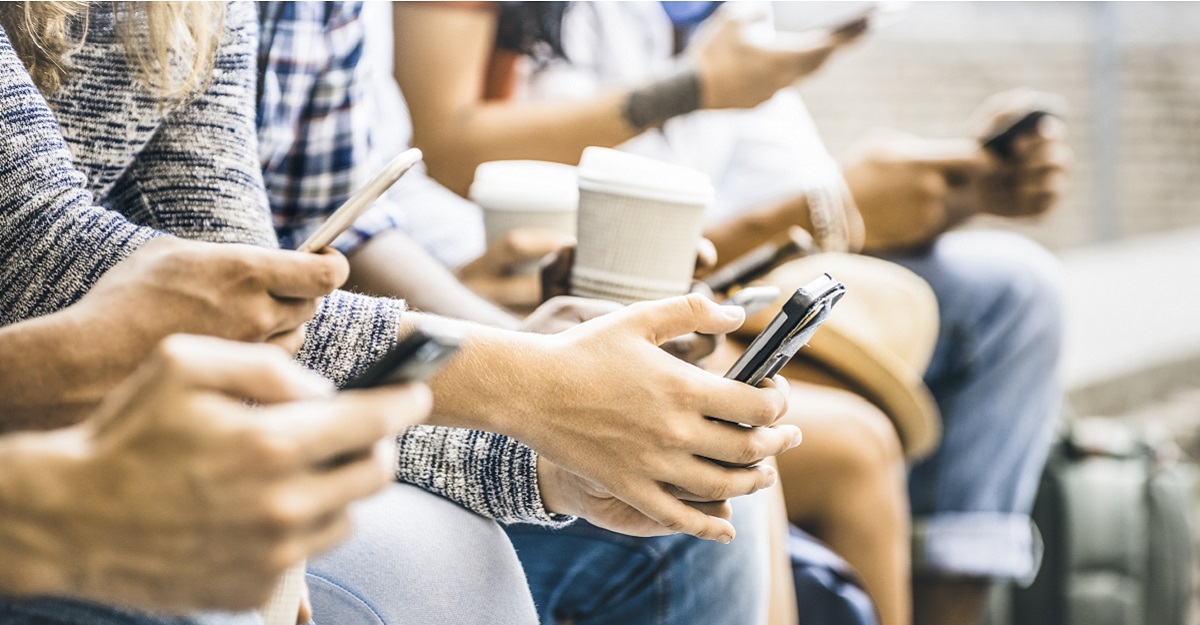
Advertisers love social media. The average person spends three to five hours a day watching TV and the same amount of time on social media. What’s the difference? Retention rates are key. People tend to retain the information they see on these apps at a much higher rate than what they see on television.
Makes sense, doesn’t it?
Think of the last time you were watching TV. How many times did you take your eyes off the screen to scroll through social apps, seeing what your friends were up to?
While we spend hours on these sites, most often, we do not think about whether it takes anything from us. The reality is that it can.
For those battling with substance abuse, social media can sap a lot of your resolve. In fact, there are several ways social media is linked to substance abuse. It starts with understanding the process our minds go through when we spend hours scrolling through the vast array of information available on our social media feeds.
Social Media Fuels Depression, Anxiety… and Another Addiction
Social media companies benefit from users spending hours on their site, sharing posts with friends and engaging in topics. However, studies have found that, while social platforms benefit greatly from hours of user attention, they also create a spike in depression and anxiety.
But how?
Think of the last time you went onto your favorite social media site. What were people sharing? Did you see political arguments, stories about COVID, places in which your friends are vacationing, and/or fun things they are doing?
You are looking at all this information at once, giving you the feeling that everyone in the world is living their best lives while you are stuck at home or work. That’s enough to send anyone into a state of depression or anxiety – especially if they are constantly exposed to it.
That’s not all. There is evidence that the design of social media sites – and the way we interact with them – can be addictive itself. Chamath Palihapitiya, once Facebook’s VP of User Growth, had this to say:
“’I feel tremendous guilt… The short-term, dopamine-driven feedback loops that we have created are destroying how society works.’” (Palihapitiya, 2017)
Social media and addiction to substances both involve tapping into your brain’s reward center, which releases dopamine. We experience a rush of this feel-good chemical from social media and substance use, as well as through natural means such as food, sex, and social interaction. Just as with drugs and alcohol, using social media can lead to you craving more and more and winding up spending a lot more time on them than you planned.
Social Media and Substance Abuse: “Let’s Glorify Consumption”

Another reason addicts struggle with social sites is because of the glorification of substance abuse.
Pick any random weekend and you can see thousands of images and videos of people out having drinks (and perhaps indulging in other substances) posted online.
Yes, it’s something that they have a right to do.
However, it’s not something you may want to see all the time… especially if you are alone and trying to not think about substances.
State of Isolation
Speaking of being alone, this is something many addicts talk about when it comes to relapses.
Being alone means you have more time to think and turn to bad habits. You head to the apps to distract you and you see your friends and family out enjoying themselves. You begin to feel those thoughts of depression and how isolated you are from the world.
You may even start to bargain with yourself: You can just be social and “normal” with people, right? You don’t have to worry about caving to a substance, right? These thoughts can lead you straight back into relapse.
The truth is that isolation can also be a powerful weapon against addiction. Sometimes, it’s better to avoid these situations so that you can avoid temptation as well.
If your friends are meeting at a bar, you shouldn’t go, especially if you are not comfortable with the environment. That may not sound like a fun option, but it is a way to stay strong and help avoid relapse.
How to Use Social Media For Improved Health
While there are plenty of issues that can arise from social media sites, there are some positive uses as well.
A great option for those battling addiction is to join a group, finding support from people who have been through the same battles you are going through.
It sounds simple, but the fact is that these online groups can help you in a big way.

First, they eliminate the feeling of isolation because you have supportive people who will talk to you whenever you need help.
Second, they offer experience. Your friends and family may not be aware of the battle you are going through, but people in these support groups have been there and they can relate to your struggles. That’s huge, especially if you are trying to find ways to stay strong. They can share their experiences with addiction, including how to avoid falling back into bad habits.
And finally, when you’re up in the middle of night, there’s usually someone else out there you can chat with, too.
Give Yourself Every Advantage
At the end of the day, the battle will continue with addiction. However, you must look at what is holding you back from living a healthier lifestyle. Why not give yourself every advantage in maintaining your sobriety?
Some things may be direct triggers, and some may chip at our resolve until we give into our bad habits.
If you find yourself getting depressed or angry when you go onto these apps, avoid them
If you are unsure of whether they are affecting you, start a chart. Make note of your feelings and thoughts as you scroll through your newsfeed or immediately after. Take breaks from social media throughout the day and document your feelings and thoughts at those times as well. Then, compare the two. Is there a difference? Are you more depressed or anxious after using social media than after you exercise, talk to friends, or work a shift?
Social Media Can’t Compare to Real Life

Know that taking a break from social media has proven to be very beneficial. It can not only improve your mindset, but your productivity as well.
Start by taking just one day off. Then, add two or three more. Don’t try and do several days or entire weeks at once.
The irony is, though, that you will soon realize you aren’t missing much.
People routinely post the same stuff on these sites. You can get that information the old way, by talking with your friends. This break from the constant stream of useless information can also give you a reprieve a state of depression or a negative mindset. Give yourself a break from the apps and see if it
makes a difference. Remember that there is a lot of real-world help as well.
You can go to an Alcoholics Anonymous, Narcotics Anonymous or Celebrate Recovery meeting or volunteer at a non-profit event, church, or local animal shelter. Engage with life and find others who have the same goals you do. There are many other people putting their sobriety first… go where they would go to find them.
Sources
Palihapitiya, C. (2017, November 13). Chamath Palihapitiya, founder and CEO Social Capital, on money as an instrument of Change. YouTube. Retrieved November 7, 2021, from YouTube

